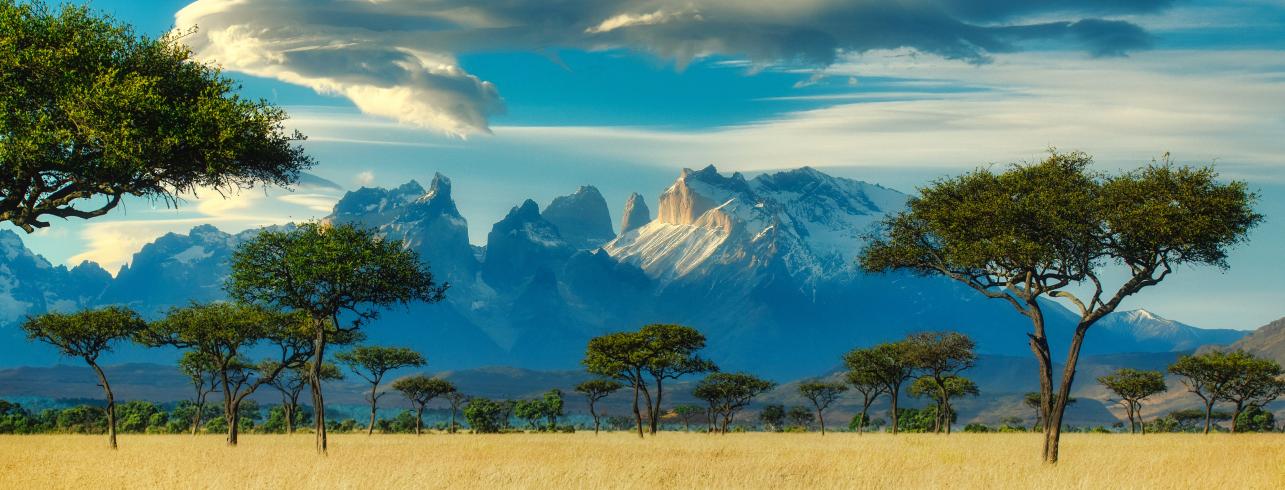
The AfDB will support African financial institutions in aligning financial flows with the Paris Agreement through the African Financial Alliance for Climate Change (AFAC). The AFAC aims to enhance the participation of the financial sector in climate action to increase investments that support low-carbon and climate-resilient development in Africa.
In recent years, the African Development Bank has significantly increased its climate financing for African countries. Their share has quadrupled in three years, rising from 9% in 2016 to 36% in 2019, reaching nearly $ 3.6 B. These funds, primarily directed towards climate change adaptation policies, experienced a remarkable increase from 9% to 28% between 2016 and 2017, followed by steady growth: 32% in 2018, 36% in 2019, 41% in 2021, and 45% in 2022, totaling $ 4.5 B. This unprecedented commitment is aligned with the Strategic Framework on Climate Change and Green Growth: Making the Voice of Africa Heard - Action Plan 2021-2025.
The African Development Bank has committed to implementing four initiatives that will serve as models to harness Africa's potential in the climate fight:
- Increase climate financing ambitions: The AfDB pledges to double its climate financing from its current level to $ 25 B between 2020 and 2025. This increased investment aims to mobilize an additional $ 100 B to support climate-resilient and low-carbon investments on the continent. Approximately 50% of these investments will be dedicated to climate change adaptation.
- Strengthen resilience to climate disasters: The AfDB is partnering with the African Risk Capacity to implement climate disaster risk financing in Africa. This mechanism allows countries to mobilize $ 250 M for insurance premiums, with a potential payout of about $ 1 B in the reinsurance market by 2030. It enhances African countries' capacity to cope with climate disasters and reduce their impacts.
- Desert to Power, initiative valued at $ 10 B, aims to transform the Sahel and Sahara region through the eventual deployment of the world's largest solar park. The project harnesses the abundant solar potential of the region to provide clean and renewable energy, reducing dependence on fossil fuels, promoting sustainable development, and supplying electricity to 250 million people.
- As part of Phase 2 of the Sustainable Energy Fund for Africa (SEFA 2.0), Green baseload is a financial tool aiming to provide concessional financing and technical assistance to promote the adoption of renewable energies as alternatives to fossil fuels, including coal. This initiative seeks to provide secure, reliable, and distributable energy to African countries while reducing their carbon footprint and supporting their industrial development.
- Additionally, through the Initiative for Supporting Nationally Determined Contributions (NDCs) in Africa, the Bank will provide technical assistance to 30 African countries to integrate NDCs coherently with the Sustainable Development Goals (SDGs) and national development plans.
